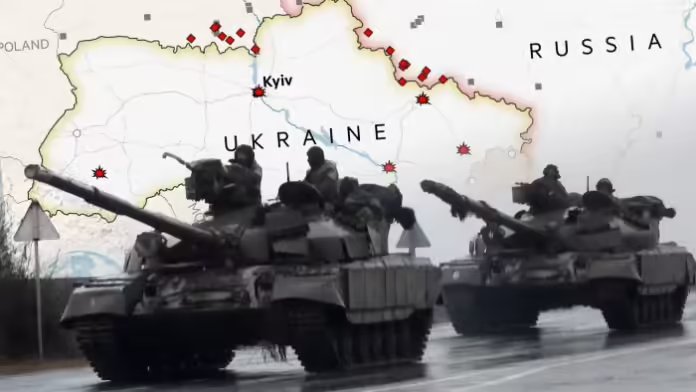The Russian invasion of Ukraine, which began in February 2022, has cast a long shadow over the global stage. Far beyond the immediate human suffering and territorial disputes, the conflict has triggered a cascade of crises with profound implications for the world.
Energy Market Upheaval
One of the war’s most immediate and visible consequences has been the disruption of global energy markets. Russia, a major oil and natural gas exporter, has faced stringent economic sanctions from Western nations. In response, Russia has curtailed energy supplies, leading to soaring prices and fueling inflation worldwide.
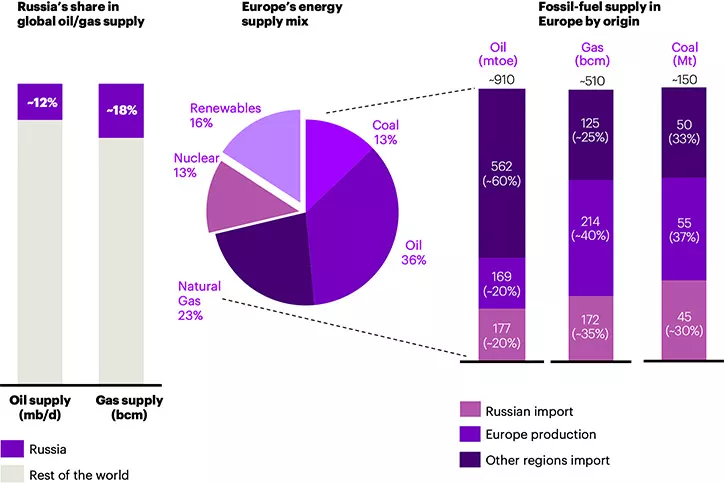
Europe, heavily reliant on Russian gas, has been particularly hard-hit. Countries have scrambled to find alternative energy sources, accelerating the transition to renewable energy but also leading to economic challenges. The crisis has exposed vulnerabilities in global energy supply chains and prompted a reassessment of energy security strategies.
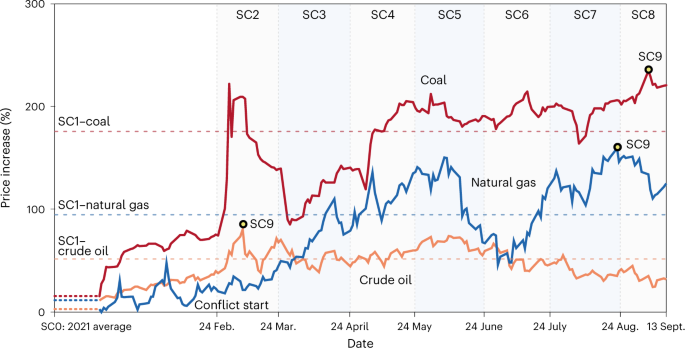
Food Security Crisis
Ukraine and Russia are significant agricultural producers, known as the “breadbasket of Europe.” The war has severely disrupted Ukrainian grain exports, a lifeline for many countries in Africa, the Middle East, and Asia. Blockaded Black Sea ports, damaged infrastructure, and the threat of sea mines have hindered grain shipments, pushing up global food prices.
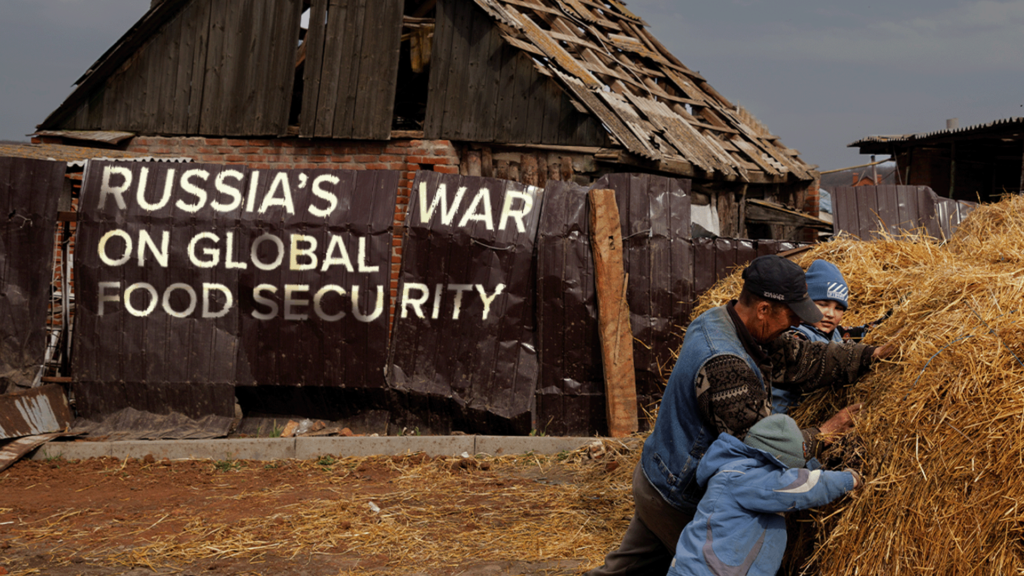
The resulting food crisis has exacerbated hunger and malnutrition in vulnerable regions, leading to political instability and social unrest. The war has underscored the interconnectedness of global food systems and the fragility of food security in the face of geopolitical tensions.

Geopolitical Tensions and New Alliances
The Ukraine war has reshaped the global geopolitical landscape. It has led to a deepening of the rift between Russia and the West, with NATO members rallying around Ukraine. The conflict has also strained relations between major powers like the United States and China, as they navigate their positions on the war.
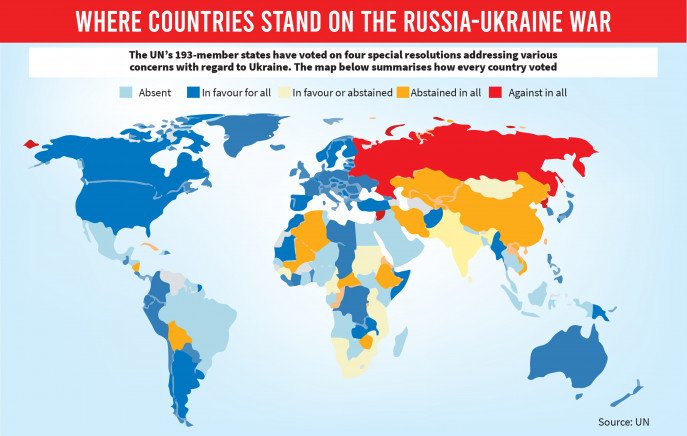
Moreover, the war has accelerated the European Union’s defence integration and prompted discussions about expanding NATO membership. It has also highlighted the vulnerabilities of smaller nations and the importance of collective security.
Humanitarian Catastrophe
Beyond the economic and geopolitical impacts, the war in Ukraine has caused immense human suffering. Millions of Ukrainians have been displaced from their homes, with refugees seeking asylum in neighbouring countries and across Europe. The conflict has inflicted heavy casualties on both civilians and military personnel, leading to a humanitarian crisis of unprecedented proportions.
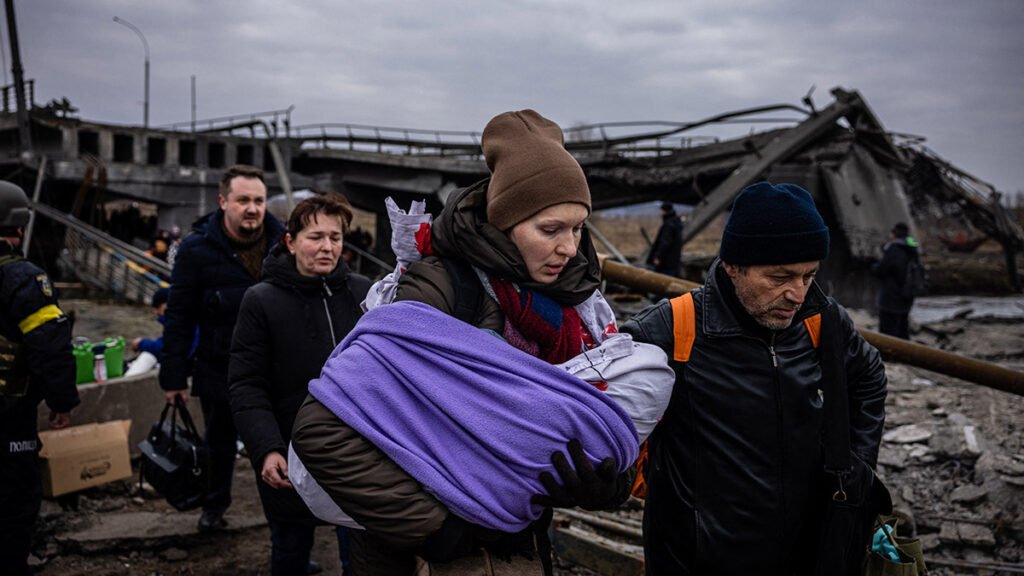
The war has also raised concerns about the potential use of nuclear weapons, as both Russia and Ukraine possess nuclear arsenals. The risk of escalation and the potential for catastrophic consequences has cast a long shadow over the global community.
The Humanitarian Crisis in Ukraine
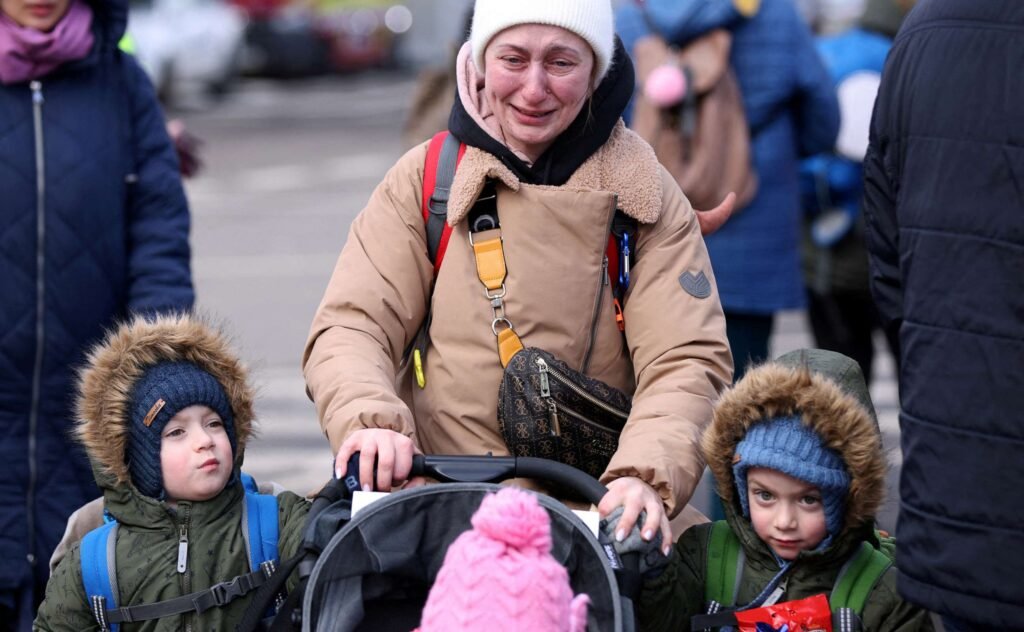
The war in Ukraine has triggered a catastrophic humanitarian crisis, displacing millions and leaving countless others in dire need of assistance. The scale of suffering is immense, with civilians bearing the brunt of the conflict.
Displacement and Refugee Crisis
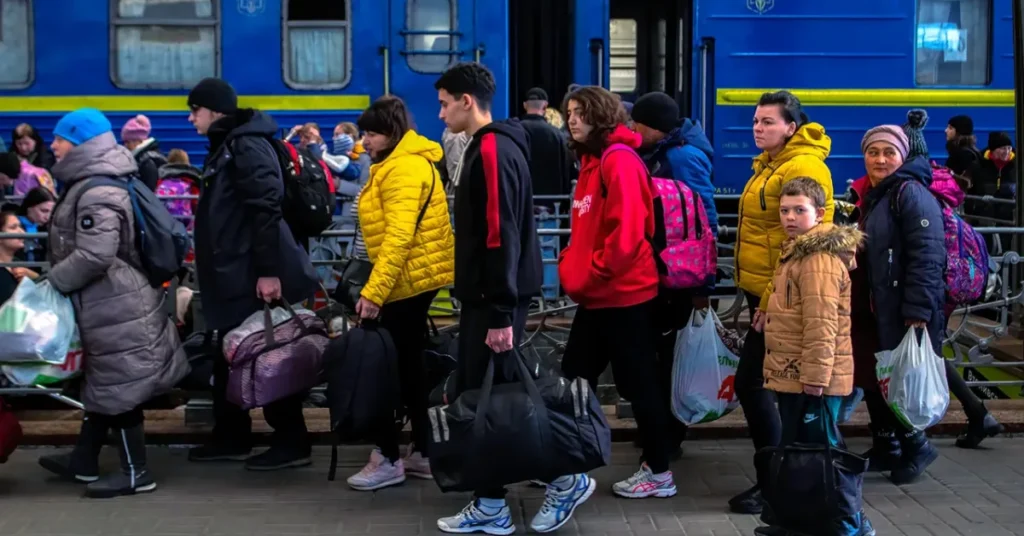
One of the most pressing humanitarian challenges is the mass displacement of Ukrainians. Millions have been forced to flee their homes, seeking refuge within Ukraine or in neighbouring countries. The influx of refugees has strained the resources of host nations, creating challenges in providing housing, food, healthcare and education.
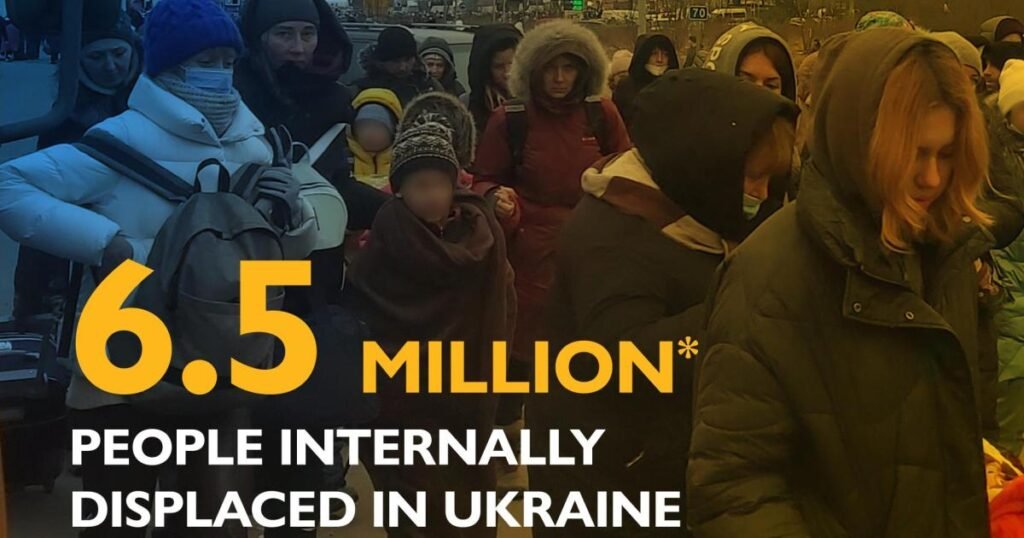
Children are among the most vulnerable victims of the crisis. Many have been separated from their families, facing trauma and lacking access to essential services. The education of millions of children has been disrupted, with schools damaged or destroyed.
Humanitarian Aid Challenges
Delivering humanitarian aid to those in need has been fraught with difficulties. Active hostilities, damaged infrastructure, and limited access to affected areas have hampered the efforts of aid organizations. The risk of attacks on humanitarian workers has further compounded the challenges.
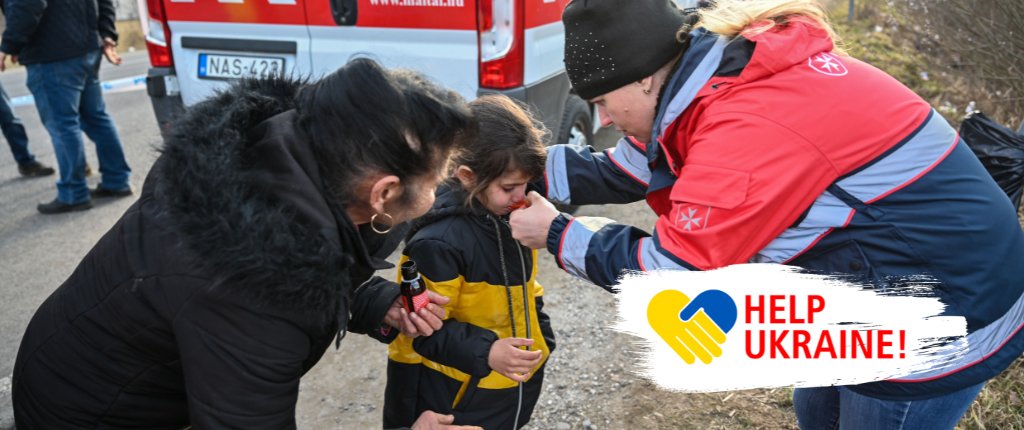
Despite these obstacles, humanitarian agencies have been working tirelessly to provide essential assistance, including food, water, shelter, medical care, and psychological support. However, the needs far outweigh the available resources, and the situation remains critical.
Winter Hardships
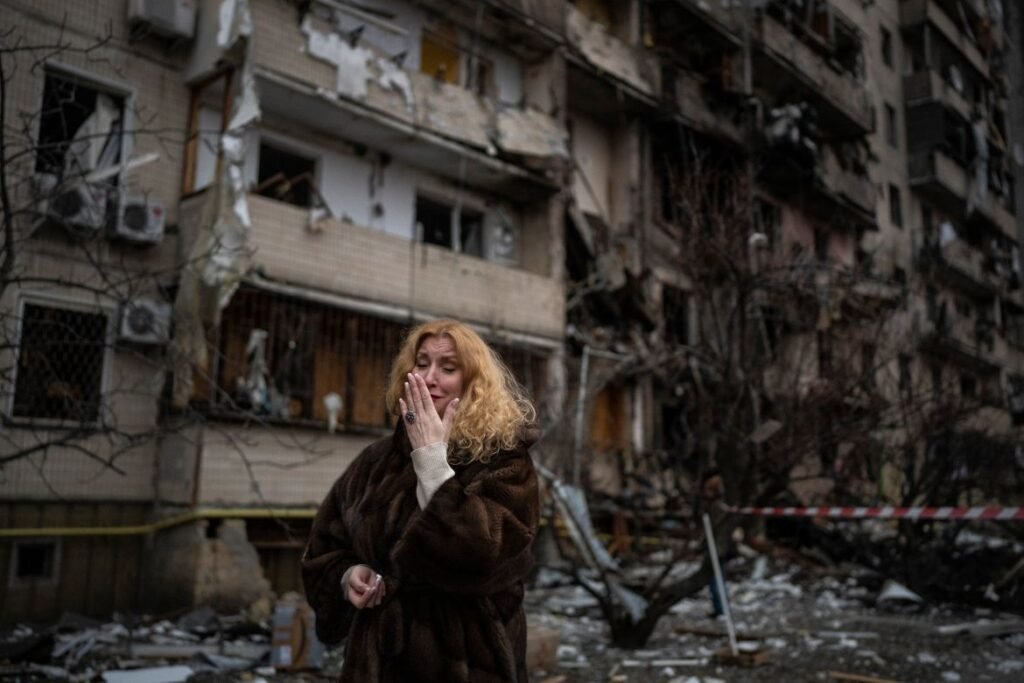
The onset of winter has exacerbated the humanitarian crisis. With temperatures plummeting, millions of people are facing the harsh reality of living without adequate heating, shelter, or warm clothing. The destruction of critical infrastructure, such as power plants and heating systems, has compounded the suffering.
Long-term Consequences
The humanitarian consequences of the war in Ukraine will be felt for years to come. The physical and psychological scars of the conflict will have a lasting impact on individuals and communities. Rebuilding shattered lives and restoring essential services will be a complex and lengthy process.
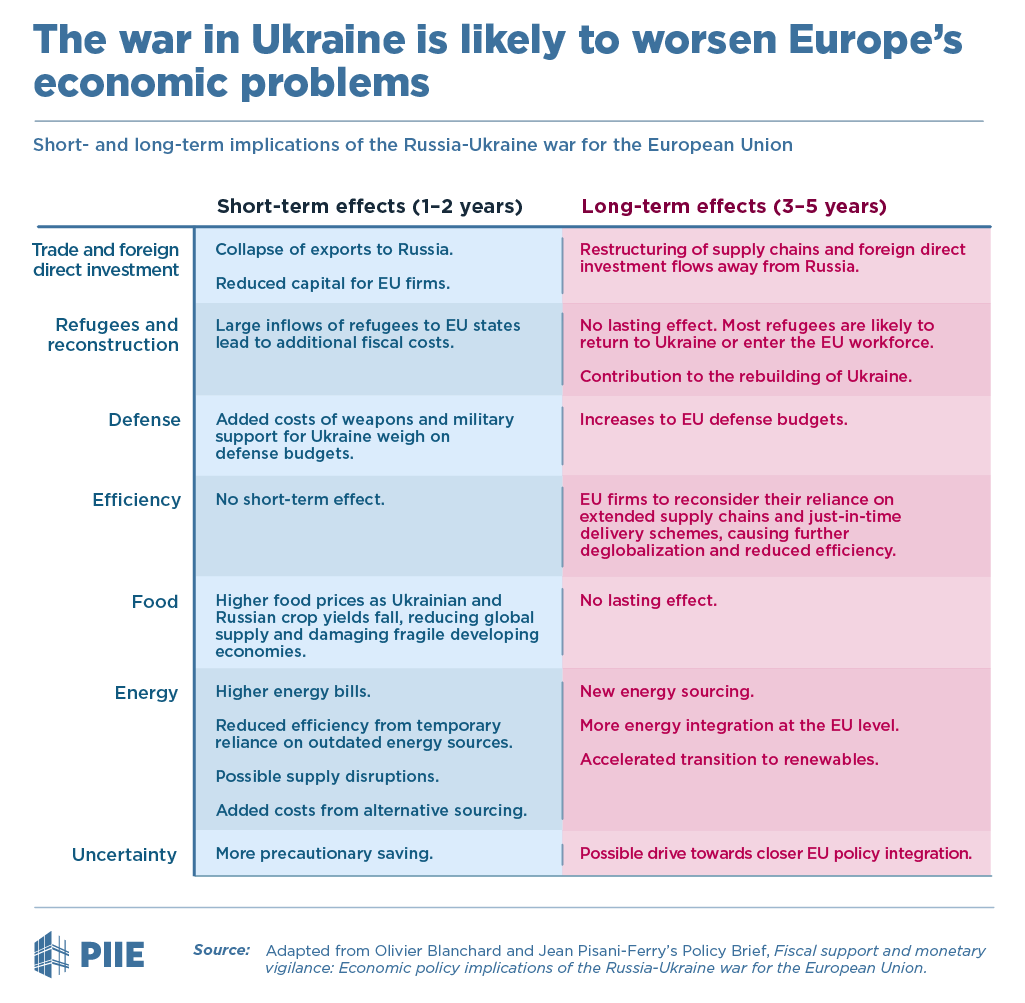
Addressing the humanitarian crisis in Ukraine requires sustained international support and cooperation. It is imperative to provide immediate relief to those in need while also investing in long-term recovery and reconstruction efforts.
Wrapping Up:
In conclusion, the Ukraine war is a complex crisis with far-reaching consequences. Its impact on energy markets, food security, and geopolitical relations is felt worldwide. Addressing the challenges posed by this conflict requires a multifaceted approach, including diplomatic efforts, humanitarian aid, and long-term strategies to rebuild Ukraine and ensure global stability.

